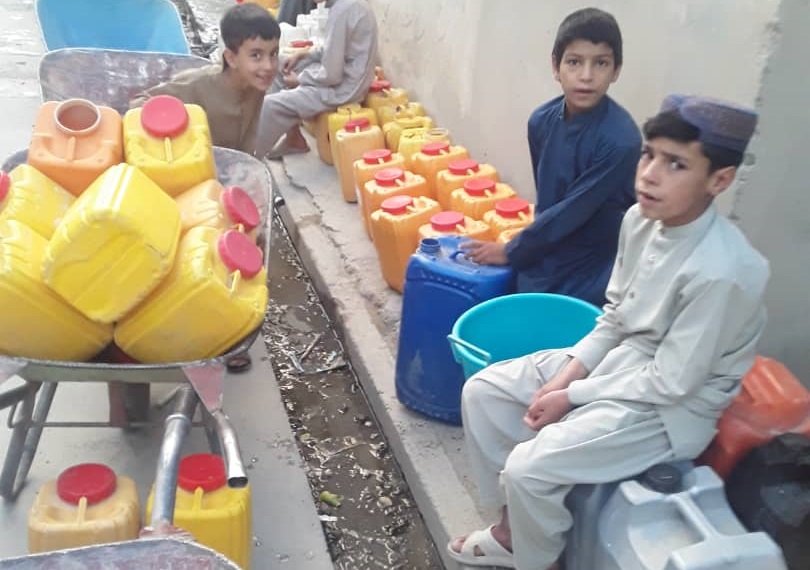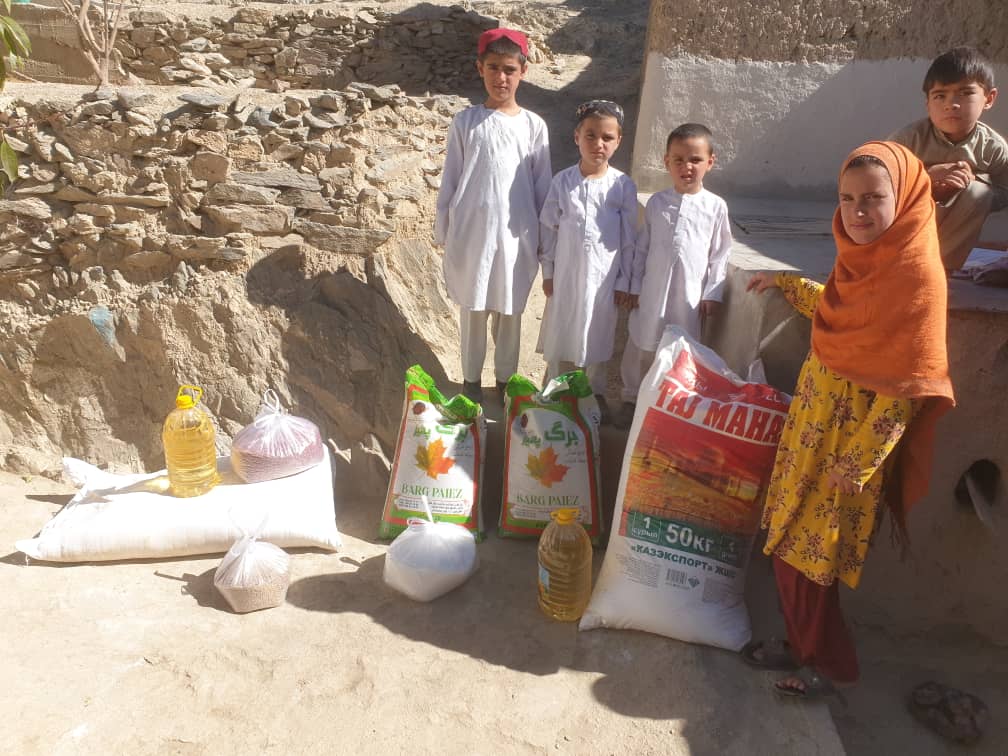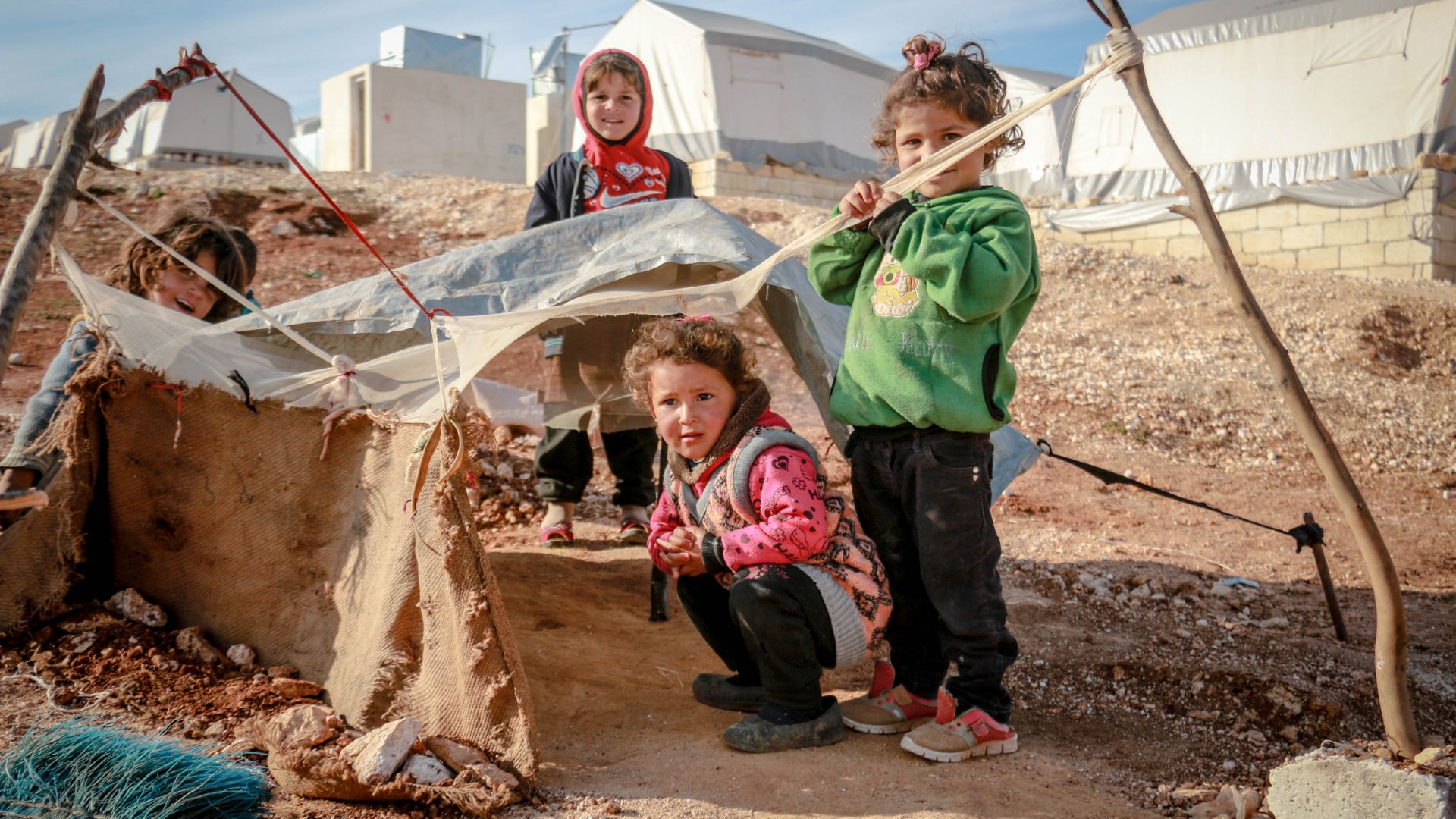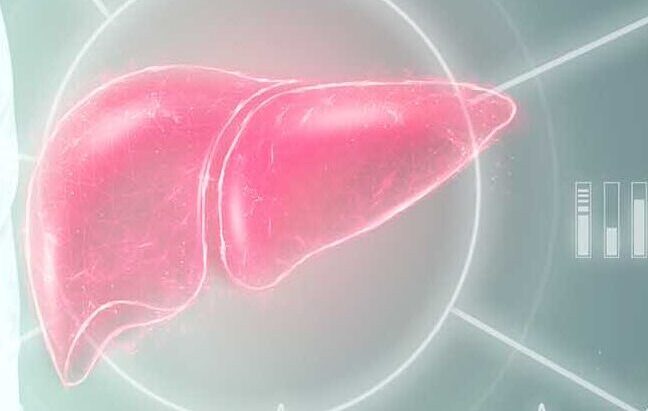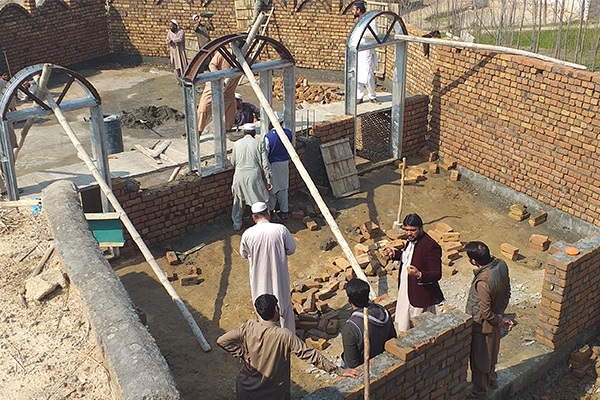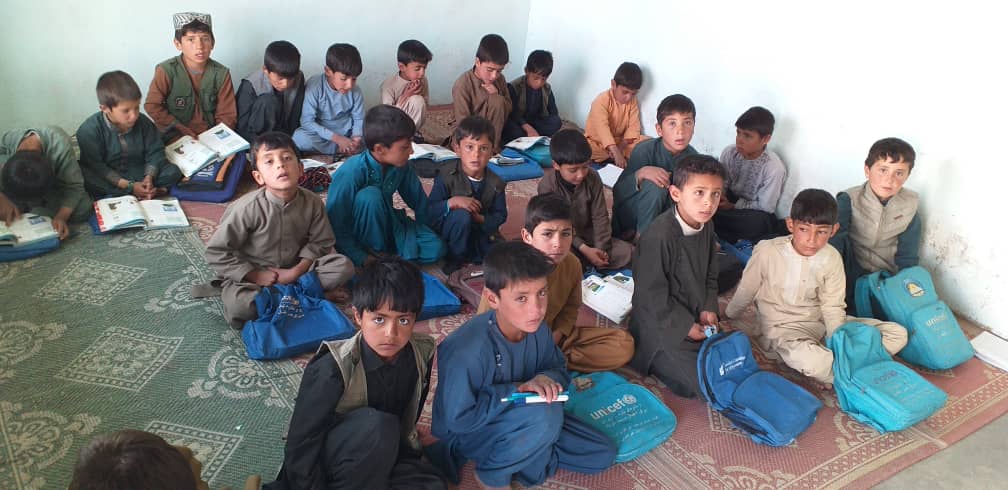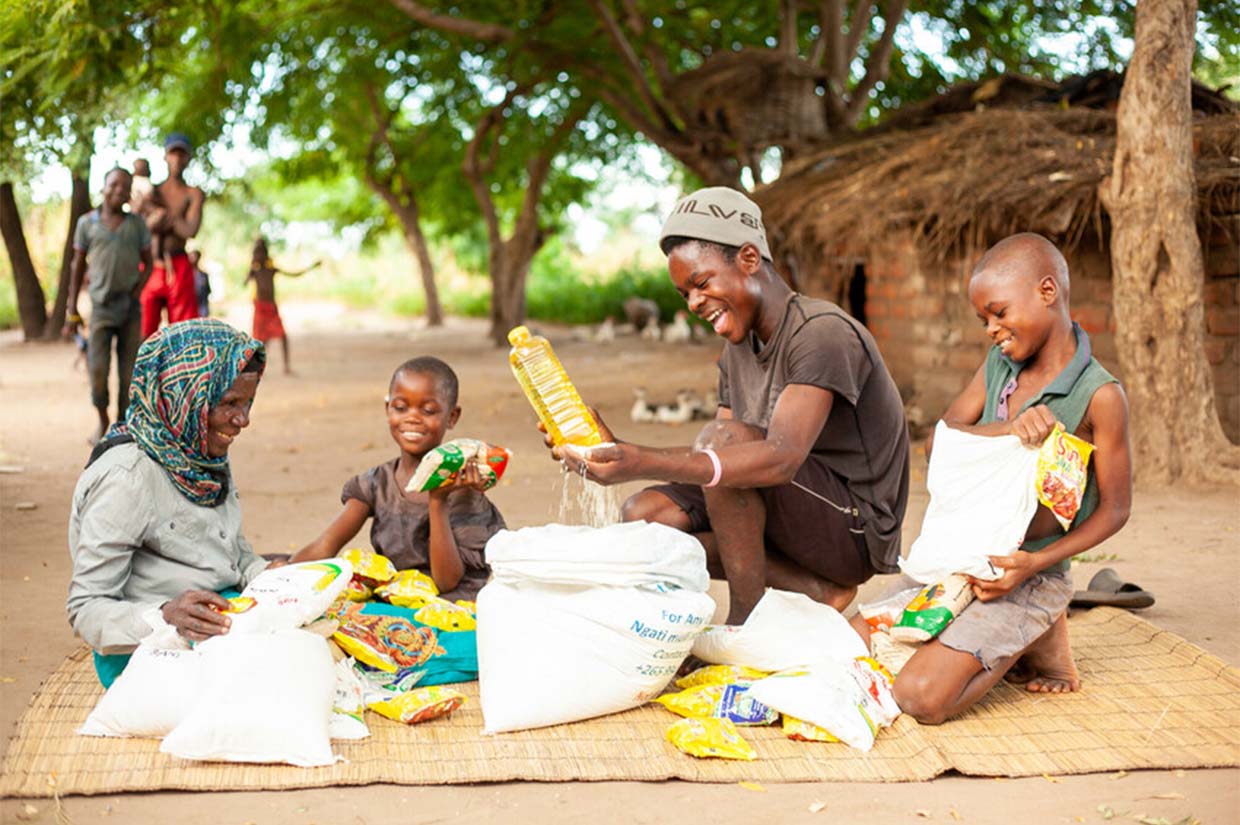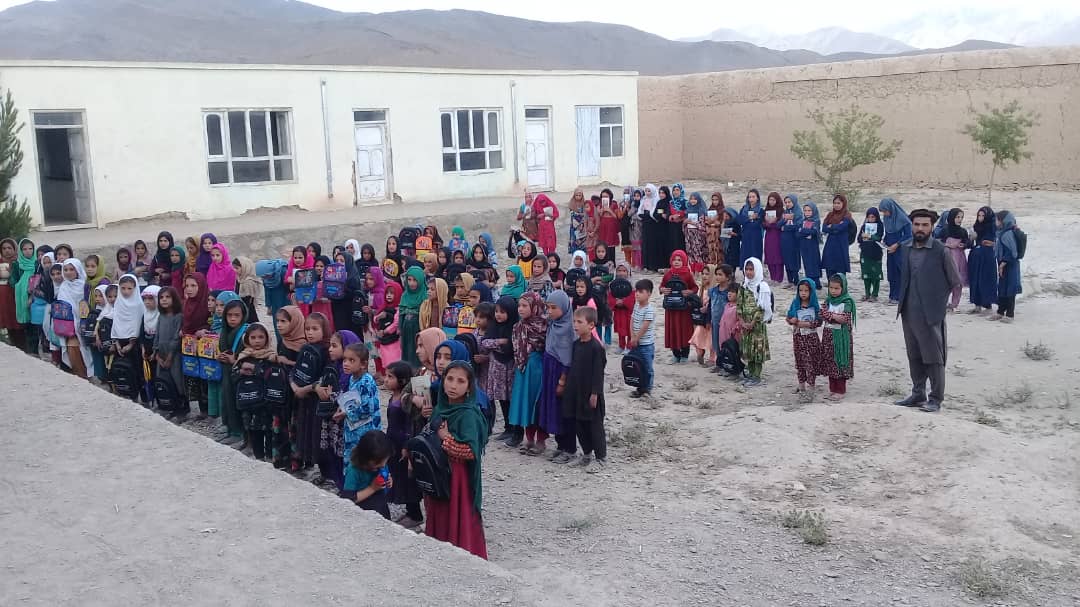Give a Helping Hand For People who need Clean Water
We register charities in Canada , to ensure that the public can support charities with confidence. As registrar, we are responsible for maintaining accuracy and delivering the service to the right people.
Hunger is stalking the globe
We register charities in Canada , to ensure that the public can support charities with confidence. As registrar, we are responsible for maintaining accuracy and delivering the service to the right people.
Liver Care
Taking care of your liver is essential for preserving general health and avoiding disorders associated with the liver. Regular checkups, a nutritious diet, regular exercise, abstaining from binge drinking, and frequent physicals can all maintain liver function and lower the risk of liver disease.
Orphan Support
Orphans are among society's most vulnerable people, and they require basic necessities including food, shelter, healthcare, education, and emotional support. It is our moral responsibility to look out for them, protect them, and provide them the chance to develop into happy, healthy people who contribute to society.
Clean Water
Clean water is essential for human survival, as it is required for drinking, cooking, and hygiene. Lack of access to clean water can lead to waterborne diseases and other health problems, particularly in low-income countries.
Liver Care
Maintaining liver health is crucial for overall well-being, as the liver plays a vital role in detoxification, metabolism, and digestion. Lifestyle factors such as a healthy diet, regular exercise, and limiting alcohol intake can help prevent liver damage and support optimal liver function.
Orphanage Education
Orphan care is a vital aspect of supporting vulnerable children, providing them with the necessary resources and opportunities to thrive despite their challenging circumstances.
With your help
We are planning to fund 120 water projects for a million people.
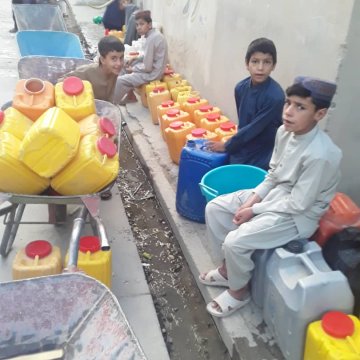
Clean Water
Afghanistan's water quality is a significant problem, making it difficult for many Afghans to acquire clean, safe drinking water. Afghanistan's water supply is limited, and much of the water from surface and underground sources is polluted with a variety of contaminants such pesticides, heavy metals, and human and animal waste.
About 30% of Afghans, according to the United Nations, have access to clean drinking water, while the remainder rely on tainted water sources, which contributes to a high incidence of waterborne illnesses such diarrhoea, cholera, and typhoid fever.
The ongoing conflict in Afghanistan has also made the problem of poor water quality worse by destroying or damaging many water treatment facilities and other infrastructure. Poor water quality in the nation is also a result of inadequate water management methods and a lack of investment in the water industry.
Afghanistan is making efforts to address the problem with its water quality, including developing new water treatment facilities and enhancing water management procedures. To guarantee that all Afghans have access to clean and safe drinking water, however, much more needs to be done.
Liver Care
The liver is a vital organ that carries out numerous tasks, such as removing toxins from the blood, making bile, and controlling metabolism. Maintaining your general health and avoiding disorders associated with the liver depend on taking care of your liver. Here are some pointers for maintaining a healthy liver:
Keep a nutritious diet: Consuming a diet full of fresh produce, whole grains, lean proteins, and other nutrients can support liver health. Steer clear of sugary drinks, fried and processed foods, and excessive alcohol use.
Get hydrated: Consuming lots of water helps promote liver function and aid in the removal of toxins from the body.
Frequent exercise can help lower the risk of disorders related to the liver, such as nonalcoholic fatty liver disease.
Avoid consuming alcohol in excess since it can harm your liver and raise your chance of developing disorders related to your liver.
Hepatitis B and C are viral illnesses that can harm the liver, so use caution when having sex. Safe sexual practises and refraining from sharing needles or other items with others might help lower the chance of contracting these infections.
Avoid being exposed to toxins: Pesticides and other chemicals, as well as industrial pollutants, can harm the liver. To prevent exposure to these compounds, take measures.
Get a vaccine: Viral illnesses such as hepatitis A and B can harm the liver. Being immunised against these viruses can aid with liver protection.
Obtain routine exams: Routine medical exams can assist in identifying any liver-related issues early on and preventing additional harm.
Orphan Support
Orphans are important for a number of reasons. Due to the fact that they have lost their parents or guardians and may be vulnerable to homelessness, malnourishment, or exploitation, they are among the most vulnerable members of society. It is not only a moral obligation but also a humanitarian one to meet their basic requirements, including food, shelter, medical treatment, education, and emotional support.
Long-term financial gains might also result from spending money on the upbringing and education of orphaned kids. We can build a more prosperous and productive future by giving them chances to achieve and contribute to society. Also, taking care of orphans can support inclusion and diversity, help tear down social boundaries, and promote equality. Orphans also have legal rights, such as the right to safety, support, and education.
In addition to being morally good, upholding these rights is essential for ensuring that all children have the chance to develop in a secure and nurturing environment. In other words, taking care of orphans is crucial since it not only tends to their immediate needs but also has long-term social, economic, and legal repercussions. We have a duty as a society to make sure that every kid, even those who have lost their parents or guardians, has the chance to develop into a healthy, useful adult.
We are planning to fund over 100 charity projects for 20M people around the world.
WHY WE ARE BEST?
Why Choose Us?
-
We seek to unlock the possibility
Embrace uncertainty, take risks, and believe in yourself to unlock endless possibilities. Solving social problems requires leaders from foundations, businesses, nonprofits, and governments to reimagine the systems and relationships that shape our world.
-
We seek to drive change on large scale
We start by identifying a clear and compelling vision, build a diverse coalition of supporters, develop a strategic plan with measurable goals, communicate effectively to inspire and motivate others, and persevere through obstacles and setbacks with resilience and determination.
-
Accountability
Accountability is essential for developing donor trust and making sure that charity initiatives are truly improving the lives of those who need them the most. We will be delivering transparent reporting of financial information to donors annually.
How we work
Identifying a needy area of clean water
Our charity groups locate people or places without access to clean, safe water supplies, frequently in underdeveloped nations or areas hit by natural catastrophes.
Fundraising
Our charity organizations raise funds through donations, grants, and other fundraising initiatives. The funds are used to support their programs, which may include drilling wells, installing water filtration systems, building latrines, and conducting hygiene education programs.
Project implementation
Our charity organizations work with local partners and communities to implement their programs. They may collaborate with local governments, non-governmental organizations, or community-based organizations to ensure that their projects are sustainable and meet the needs of the community.
Monitoring and evaluation
Our charity organizations monitor and evaluate their projects to ensure that they are effective and sustainable. They may track the number of people who have gained access to clean water, the impact on health and hygiene, and the long-term sustainability of the projects.
Reporting and transparency
Our charity organizations are accountable to their donors and the public and may report on their financial and programmatic activities to demonstrate their effectiveness and transparency.
30M
Number of needy people
$1M
Fund needs to be raised
20M
Children needs to be Helped
50
Volunteers needed
Become a Volunteer
It only takes a minute to set up a campaign. Decide what to do. Pick a name. Pick a photo. And just like that, you’ll be ready to start raising money.
